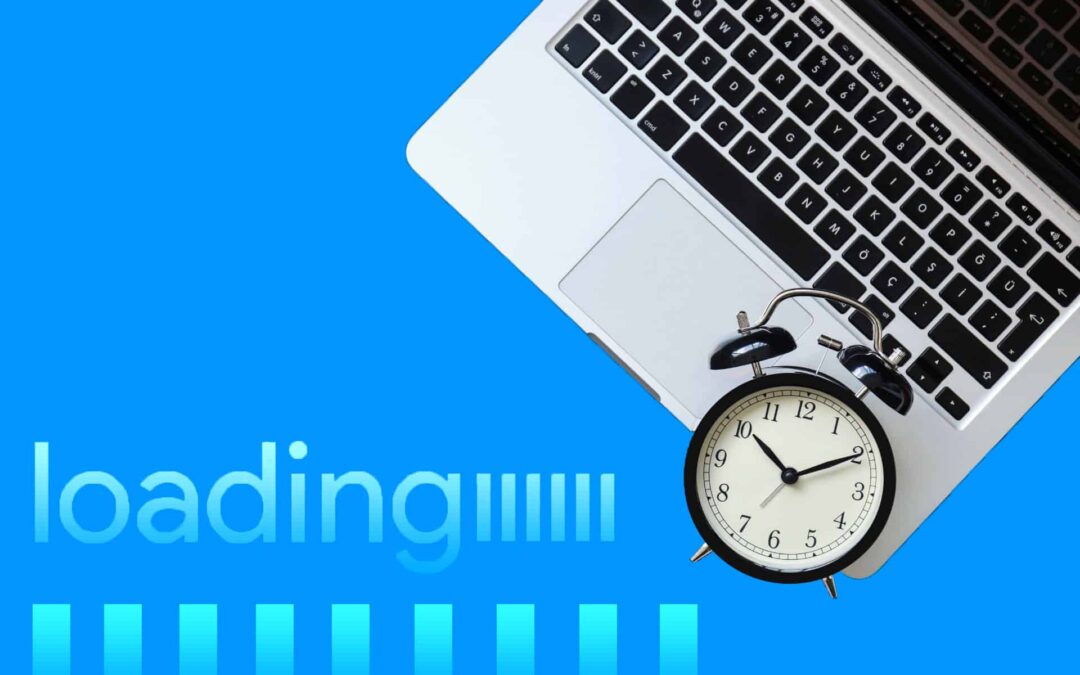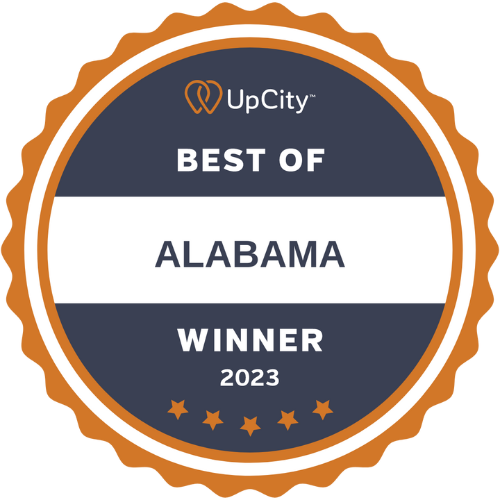Page speed is something many people don’t think about when it comes to SEO. It’s all about content and links, right? Not anymore. Regardless of how great your site is, if it takes too long for the page to load, you may be faced with some serious consequences.
To simplify things, page speed does affect SEO – 💯
In fact, it’s considered a direct ranking factor by Google. If you doubt us, do a Google search on [Core Web Vitals]
Case closed…
In this blog post, We’ll explain page speed and SEO in simple terms. We’ll give you tips on how to improve your site’s load times and hack your Web Core Vitals score in Google Search Console!
Let’s get started by first understanding what page speed is exactly:
Table of Contents
What is Page Speed?
Before we go any deeper let’s first define what “Page Speed” is. Page speed is how fast [or slow] an individual page on your website loads. Each page on your website may have different loading speeds due to several factors including images, scripts, plugins, etc.
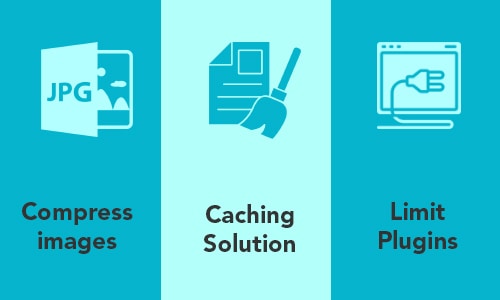
To make your site load faster you should:
- Compress images using Lossy AI tools
- Install a Caching Solution
- Limit the use of Plugins
There’s nothing more annoying than a sales page that takes forever to load… 
Customers are likely to be put off when they visit a site that takes F-O-R-E-V-E-R to load. This means that instead of them spending some more time learning about your business or company, they may end up visiting your competitors‘ page instead. If your site’s loading time is problematic, you’re giving away business!
Instead, Be Instantly Accessible to Potential Customers
Anyone looking for a product or service wants to be able to immediately access the information they’re looking for. If you are not able to provide what they need fast, they’ll look for it somewhere else.
What is Site Speed?
Site speed is a little different from page speed. Site speed refers to the average time it takes all the pages on your website to load. Site speed may track a customer’s journey from click to sale in many cases to see how fast they move through the content on your website. Put simply, it’s the big picture of how fast your entire website is whereas page speed looks at an individual page.
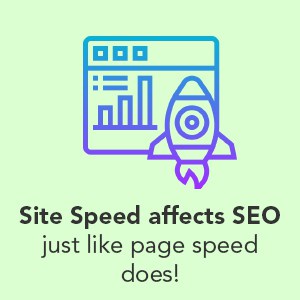
Looking at site speed as an average, Google calculates your site’s speed by looking at every page on your website and how long it takes your entire site to load.
Site Speed is a ranking factor that affects SEO just like page speed does. The only difference is that your site speed doesn’t consider the loading time of individual pages but instead looks at each individual page on your site and creates an average load time.
This means that you need to make sure every single page loads quickly for better search engine optimization.
What Affects Page Speed?
Now that we know what page speed is, let’s look at the different factors which affect it:
The Hosting Company you Use Impacts Speed
If your web hosting company doesn’t have enough resources to maintain good uptimes for their servers, it’s obviously going to take much longer than necessary for your pages to load. This affects your site’s SEO because Google measures page load time as one of its main ranking factors.
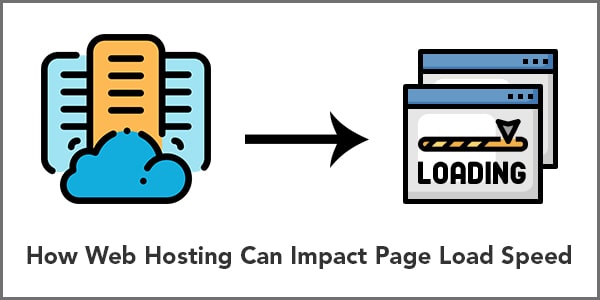
If you’re using a slow hosting company, it may be best to switch or look for another host with better server speeds and uptime.
You should also look into activating a CDN so that your images and large files are stored at multiple data centers around the world. That way, your site visitors are downloading your content from a nearby source.
This speed boost can help improve website conversions from all your traffic sources!!!

The Number of Plugins, Images, Videos, etc on Your Website.
There’s no denying that all these items affect page speed. The more items there are on your website, the longer it will take for each individual web page to load.

You should always try and get rid of anything that you don’t need or use regularly because every extra item makes a difference in terms of load times.
The Size of Images Used on Your Site.
Images make up the majority of most websites. If you use images that are too large (over 1024×1024) then it will take much longer for them to load on your website’s pages, especially if they’re high-resolution photos that haven’t been scaled down properly.


We recommend using an image compression tool like ShortPixel to compress those images to make load times faster.
The Size and Amount of Scripts on Your Website.
Scripts make up the other half of most websites. The more scripts you use, the longer it will take your pages to load (much like high-resolution images). 
Always make sure that any custom or third-party script is optimized before adding it to your website.
So, Does Page Speed [Really] Affect SEO Performance?
As initially mentioned, yes. Page speed directly affects your SEO efforts. If Google sees one particular page on your website that’s taking too long to load, they’ll most likely take it out of their index. This will negatively affect your SEO because Google isn’t able to find, crawl or understand the content on that page.
They have a goal of moving from carbon neutral to carbon free by 2030…They can’t waste valuable server resources waiting 30 seconds for your page to fully load!
Like it or not, Google is the monopoly in search and they want your site to load quickly…
Pages with fast load times are rewarded with higher positioning on Google’s SERPs (search engine results pages).
How Can You Improve Page Load Speed?
Make Use of Browser Caching.
This means that when a visitor enters your website, they’ll be able to access that same web page faster the next time they visit. This is because their browser will store the content on the webpage so it’s readily available for them whenever they visit again in the future (as long as you don’t change the web page).
Improve Site Load Speed by Using a Content Delivery Network. [CDN]
CDNs are basically networks of servers that store your website’s files and data across the globe so they’re closer to visitors wherever they may be.
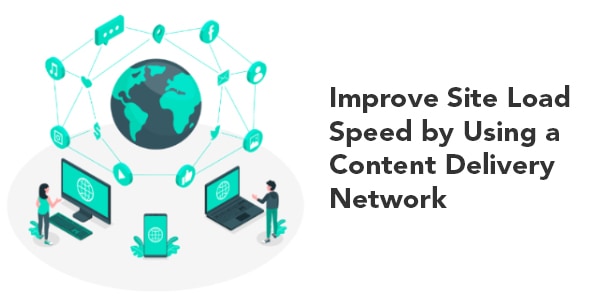
This means that when someone from California visits your website, it will take less time for them to access all the different pages on your site because the files are stored on a server in California.
Optimize Image Dimensions and File Sizes.
We’ve already talked about the fact that images on your website make up most of the page file size.
Look over the size of the images on your site carefully! If you find large images that aren’t loading fast enough, use an image compression tool to optimize and compress those larger file sizes.
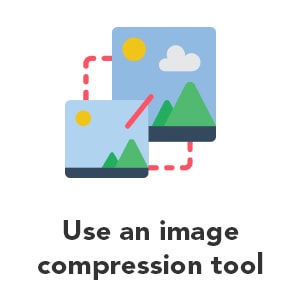
Another way you can optimize the images on your site is to use vector graphics instead. Vector images take less time to load because they’re made of code rather than pixels.
Optimize the Number, Size, and Type of Scripts on Your Website.
As mentioned above, you should always make sure that any custom or third-party script is optimized before adding it to your site. You can also use JavaScript wisely by reducing its usage where possible (e.g. You can use a lightbox instead of a pop-up).
Allow gzip Compression Support.
If your web hosting company doesn’t allow you to use gzip compression, it will have a negative effect on page load speeds. Visitors will still be able to access your content but it will take longer for all the data and files to load, which means they’ll probably click away after waiting several seconds longer for the uncompressed files to download on a mobile device.
By enabling gzip compression support on your website, you’ll help reduce the size of a transferred response by up to 90%.
Monitor your Server’s Response Time.
If your web hosting provider doesn’t offer you a way to monitor the response time of your server, then you should consider testing your site on 3rd party tools.
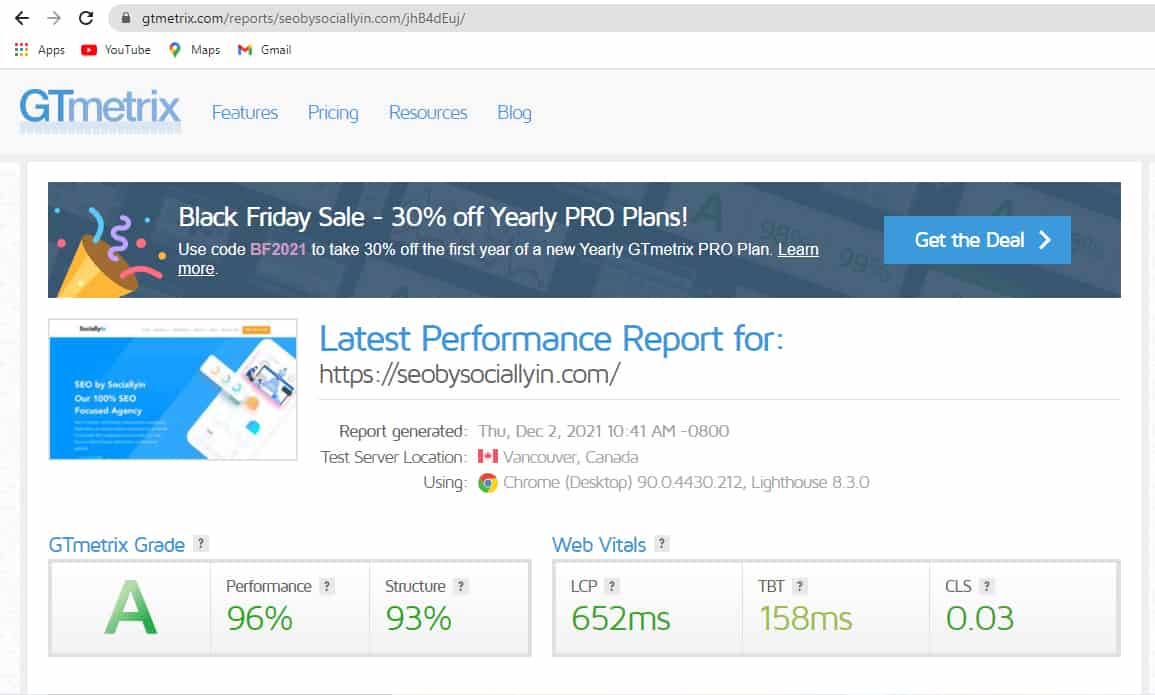
You can use an online tool like GTmetrix that allows you to do this for free. This tool will help you identify any potential issues with load times and page speed. That way you have an idea on where your site has problems!
Reach out to a web developer today if you need help fixing your load times!
So, What’s the Best Server Response Time?
The optimal server response time should be below 200ms, and the results of every test should be close to that same score.
If your server’s response time is over 200ms with each test presenting a different value, it could be your hosting provider. It’s especially the case if you’ve ruled out image compression issues, plug-ins, and the amount of scripts on your website.
Once you identify the issue(s) your site has and what’s causing them, we recommend checking your site and page load times on a regular basis so that you’re on top of any new issues that might arise.
As you can see, there are several different ways to improve your page and site load speed.
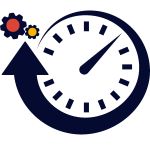
But speed isn’t the be all and end all of SEO…
It’s also important to remember that Google doesn’t just monitor the loading time of a website; they’ll look at many other factors before determining whether or not your site’s good enough to be ranked in the SERPs.
Most importantly, there’s the most obvious thing to consider: Conversion Rate Optimization
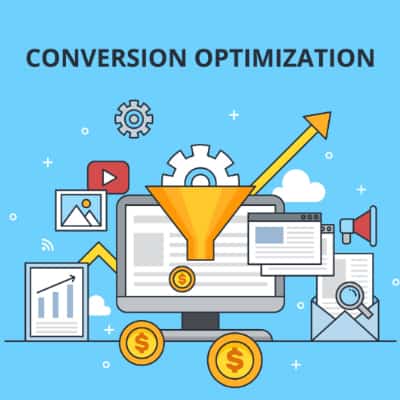
Most of your site visitors have shorter attention spans due to busy schedules and a general lack of time. Get their attention focused on what you want them to read early on, and you’ll sell more business.
If you want to be able to catch their attention you must deliver the value of what you offer as fast as you possibly can.
Come up with compelling offers and explain them early on in your content so that as long as it’s loading fast, you’ll capture the attention of likely customers over and over.

Do You Need Help Speeding up Your Website?
Webology is an elite SEO team that can help you hack load times and get your website ranking at the top of search in any niche.
You can trust that our expert team will work tirelessly to ensure that every single one of your pages is optimized for maximum visibility across Google and other major search engines. We guarantee SEO results, so you have nothing to worry about.
Get started by reaching out to our SEO team today.

